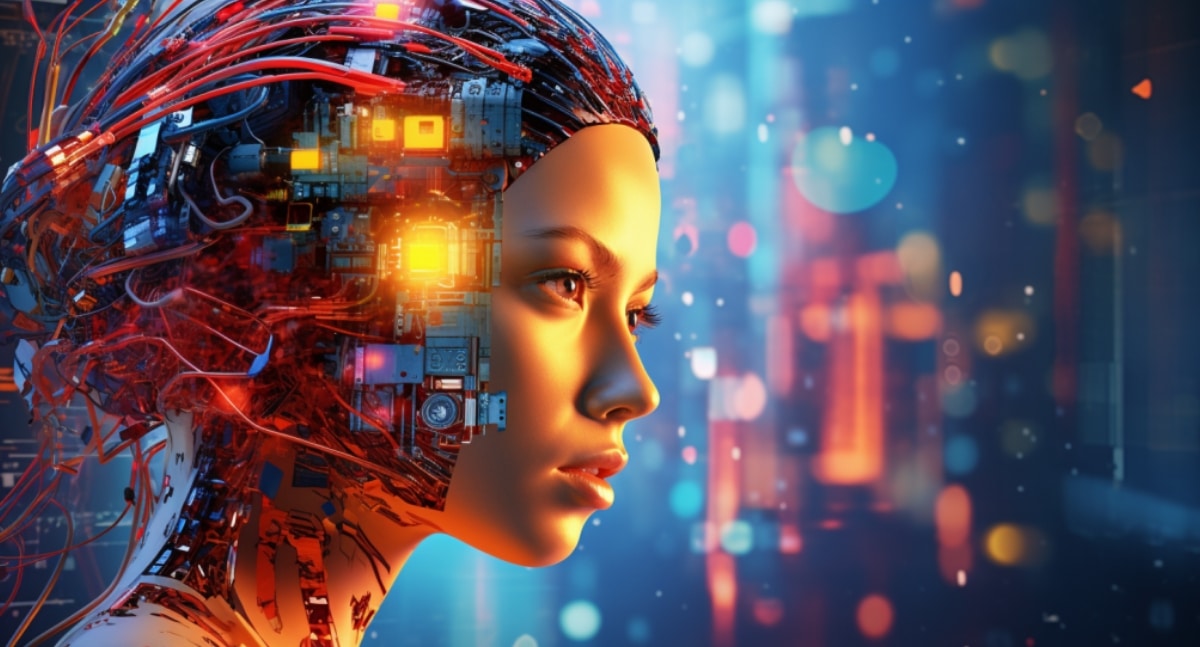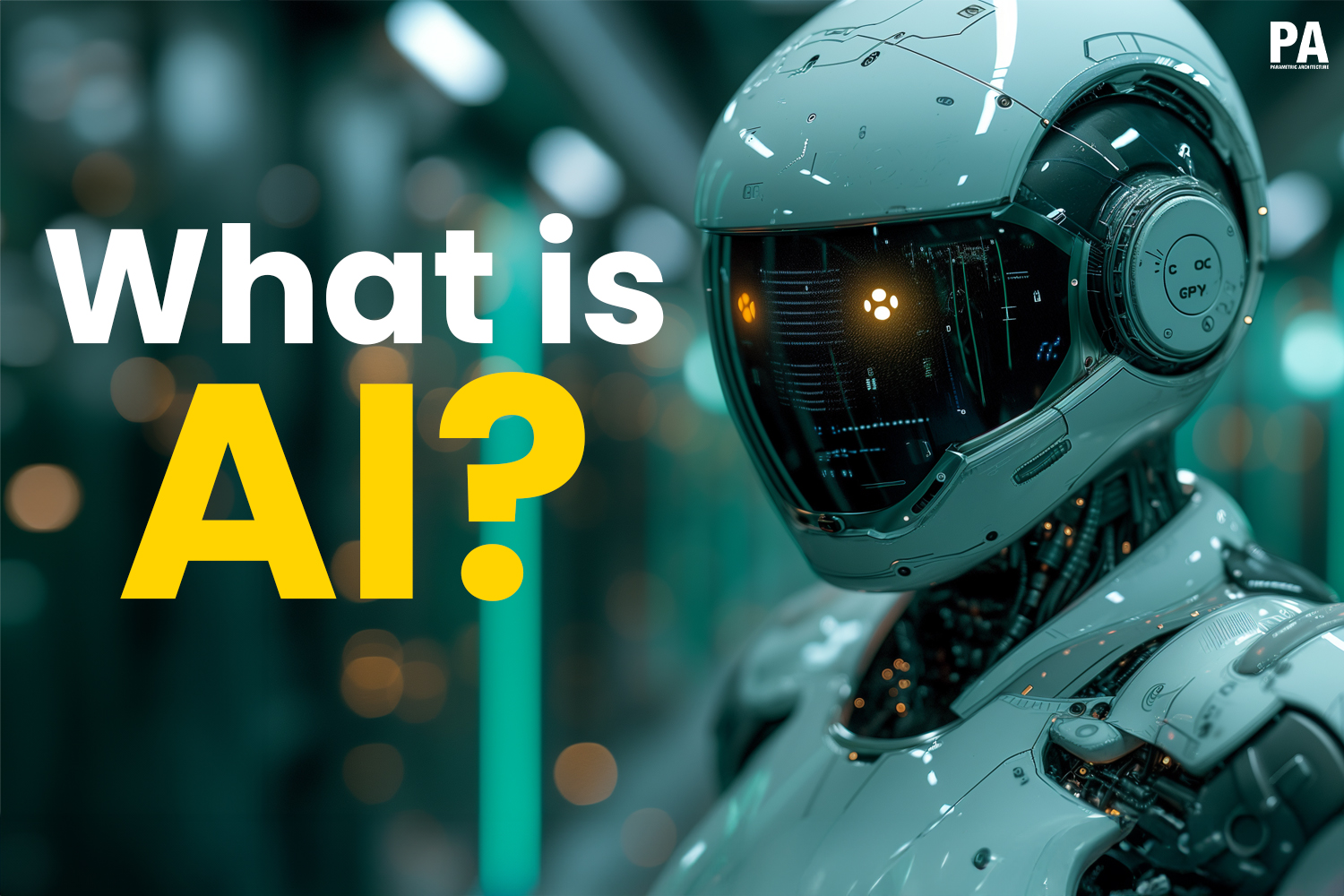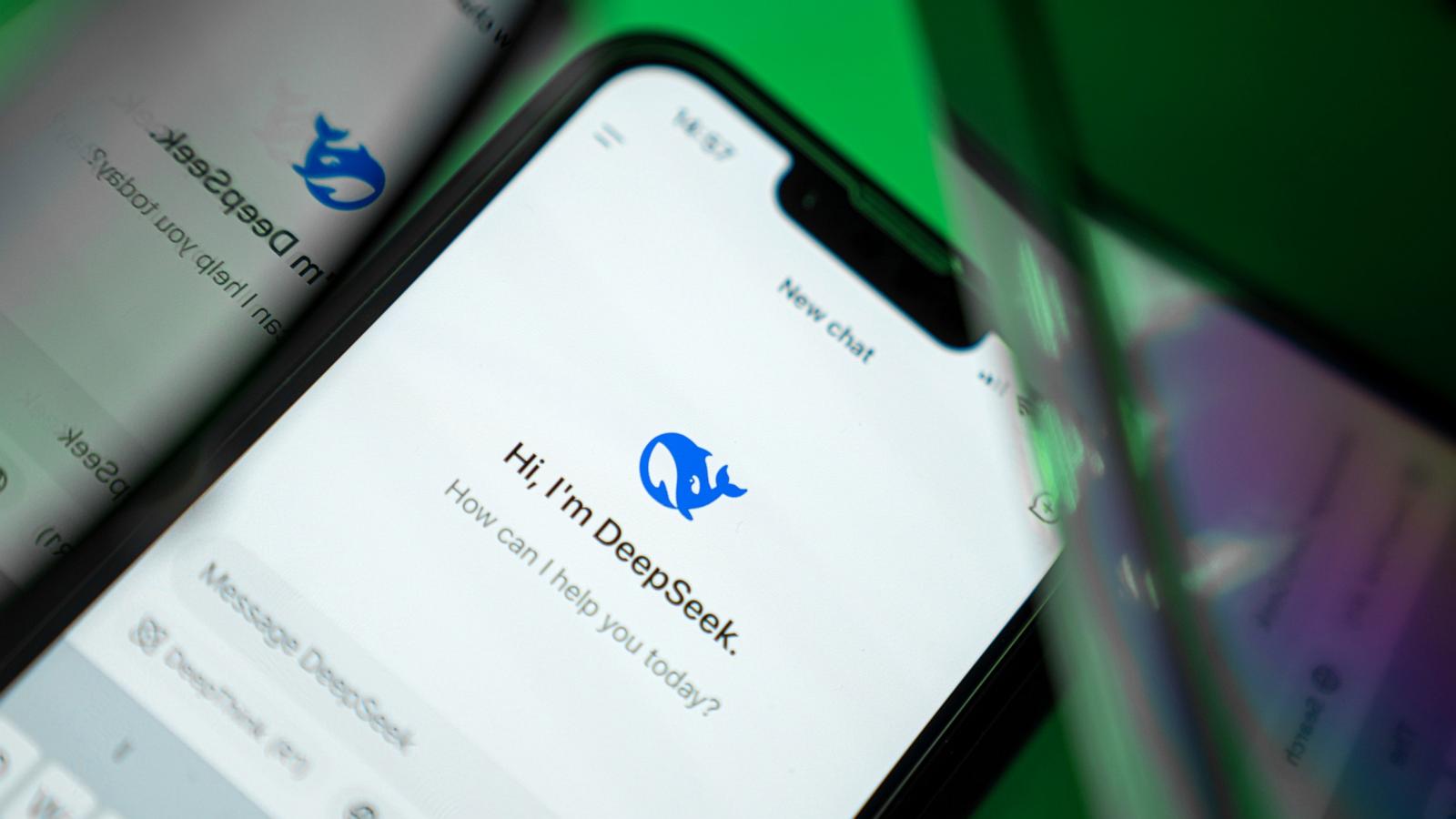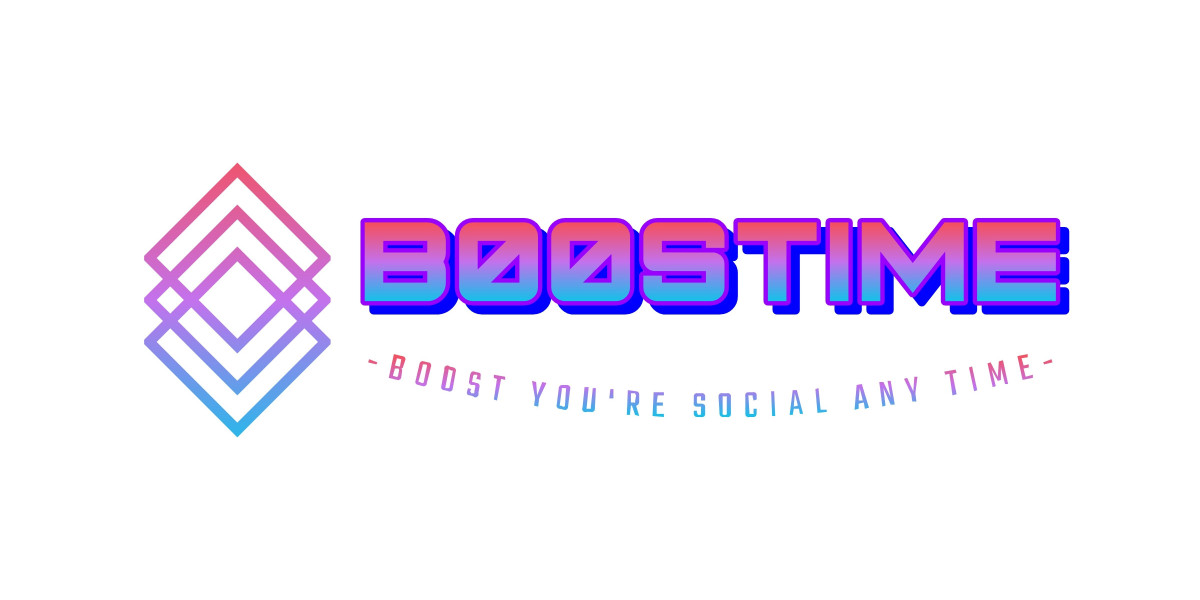
For Christmas I received an interesting present from a pal - my really own "best-selling" book.

"Tech-Splaining for Dummies" (excellent title) bears my name and my picture on its cover, and it has radiant reviews.

Yet it was entirely written by AI, with a couple of simple triggers about me supplied by my pal Janet.
It's an interesting read, and extremely funny in parts. But it also meanders quite a lot, and wiki.myamens.com is someplace between a self-help book and a stream of anecdotes.
It simulates my chatty design of composing, however it's also a bit recurring, and really verbose. It might have gone beyond Janet's prompts in collecting data about me.
Several sentences begin "as a leading innovation reporter ..." - cringe - which could have been scraped from an online bio.
There's also a mystical, repeated hallucination in the type of my cat (I have no animals). And there's a metaphor on almost every page - some more random than others.
There are dozens of companies online offering AI-book writing services. My book was from BookByAnyone.
When I called the president Adir Mashiach, based in Israel, he told me he had offered around 150,000 personalised books, primarily in the US, considering that pivoting from compiling AI-generated travel guides in June 2024.
A paperback copy of your own 240-page long best-seller costs ₤ 26. The company utilizes its own AI tools to create them, based upon an open source large language design.
I'm not asking you to purchase my book. Actually you can't - just Janet, who created it, can purchase any additional copies.
There is currently no barrier to anybody producing one in any person's name, consisting of stars - although Mr Mashiach says there are guardrails around abusive content. Each book consists of a printed disclaimer specifying that it is fictional, produced by AI, and designed "solely to bring humour and delight".
Legally, the copyright belongs to the company, however Mr Mashiach worries that the product is planned as a "customised gag present", and the books do not get offered further.
He hopes to expand his variety, generating various genres such as sci-fi, and perhaps using an autobiography service. It's created to be a light-hearted kind of customer AI - selling AI-generated goods to human customers.
It's also a bit terrifying if, like me, forum.pinoo.com.tr you compose for a living. Not least since it probably took less than a minute to create, and it does, certainly in some parts, sound similar to me.
Musicians, authors, artists and actors worldwide have actually revealed alarm about their work being utilized to train generative AI tools that then churn out similar material based upon it.
"We must be clear, when we are discussing information here, we in fact suggest human developers' life works," says Ed Newton Rex, creator of Fairly Trained, which campaigns for AI companies to regard creators' rights.
"This is books, this is articles, this is photos. It's artworks. It's records ... The entire point of AI training is to find out how to do something and then do more like that."
In 2023 a song featuring AI-generated voices of Canadian vocalists Drake and The Weeknd went viral on social networks before being pulled from streaming platforms because it was not their work and they had not consented to it. It didn't stop the track's creator attempting to choose it for a Grammy award. And despite the fact that the artists were phony, it was still wildly popular.
"I do not believe using generative AI for creative functions ought to be banned, but I do think that generative AI for these functions that is trained on people's work without consent ought to be banned," Mr Newton Rex includes. "AI can be very powerful but let's build it morally and fairly."

OpenAI states Chinese rivals utilizing its work for their AI apps
DeepSeek: The Chinese AI app that has the world talking
China's DeepSeek AI shakes market and damages America's swagger
In the UK some organisations - including the BBC - have actually selected to obstruct AI designers from trawling their online content for training functions. Others have actually decided to team up - the Financial Times has partnered with ChatGPT developer OpenAI for instance.

The UK federal government is considering an overhaul of the law that would permit AI developers to use developers' content on the web to help develop their models, oke.zone unless the rights holders opt out.
Ed Newton Rex explains this as "insanity".

He points out that AI can make advances in locations like defence, health care and logistics without trawling the work of authors, reporters and artists.
"All of these things work without going and altering copyright law and destroying the livelihoods of the nation's creatives," he argues.
Baroness Kidron, a crossbench peer in your home of Lords, is also strongly versus eliminating copyright law for AI.
"Creative industries are wealth creators, 2.4 million jobs and a great deal of joy," says the Baroness, who is also a consultant to the Institute for Ethics in AI at Oxford University.
"The federal government is weakening among its finest carrying out industries on the unclear guarantee of development."
A government spokesperson said: "No relocation will be made till we are absolutely confident we have a useful strategy that delivers each of our goals: increased control for best holders to assist them license their material, access to top quality product to train leading AI designs in the UK, and more transparency for ideal holders from AI designers."
Under the UK federal government's new AI plan, a nationwide data library containing public data from a wide variety of sources will also be made offered to AI researchers.
In the US the future of federal rules to control AI is now up in the air following President Trump's go back to the presidency.
In 2023 Biden signed an executive order that aimed to enhance the security of AI with, amongst other things, firms in the sector needed to share information of the workings of their systems with the US government before they are launched.
But this has actually now been rescinded by Trump. It remains to be seen what Trump will do instead, however he is stated to want the AI sector to deal with less regulation.
This comes as a number of lawsuits against AI firms, and particularly against OpenAI, continue in the US. They have been gotten by everyone from the New york city Times to authors, music labels, and even a comic.
They claim that the AI firms broke the law when they took their material from the internet without their permission, and used it to train their systems.
The AI companies argue that their actions fall under "fair usage" and are for that reason exempt. There are a number of factors which can constitute reasonable use - it's not a straight-forward meaning. But the AI sector is under increasing scrutiny over how it gathers training data and whether it should be spending for it.
If this wasn't all enough to contemplate, Chinese AI firm DeepSeek has shaken the sector over the previous week. It ended up being the many downloaded totally free app on Apple's US App Store.
DeepSeek claims that it developed its innovation for a portion of the cost of the likes of OpenAI. Its success has raised security concerns in the US, and threatens American's existing supremacy of the sector.
As for me and a profession as an author, I think that at the minute, if I really desire a "bestseller" I'll still need to compose it myself. If anything, Tech-Splaining for Dummies highlights the existing weakness in generative AI tools for larger projects. It has lots of inaccuracies and hallucinations, and it can be quite tough to check out in parts due to the fact that it's so long-winded.
But offered how quickly the tech is evolving, I'm not exactly sure how long I can stay confident that my substantially slower human writing and modifying skills, are better.
Register for our Tech Decoded newsletter to follow the most significant developments in international innovation, with analysis from BBC correspondents around the globe.
Outside the UK? Sign up here.








